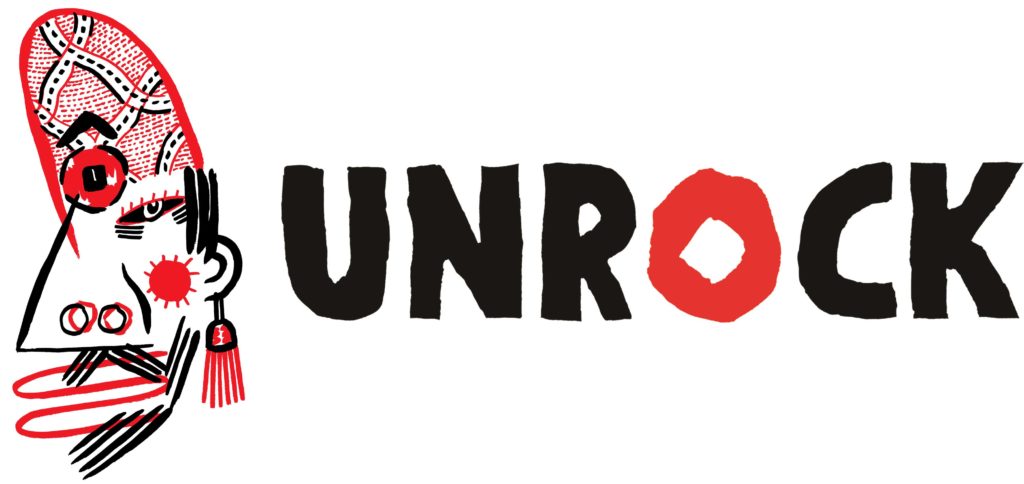News
Carte Blanche reviewed at Dusted by Bill Meyer
Sir Richard Bishop & W. David Oliphant / Kharkana with Nadah El Shazly—Carte Blanche (Unrock)
Unrock Records follows in the footsteps of other record store / record label combos. Like Other Music, Rough Trade, Delmark / Jazz Record Mart, and so many more, sometimes one side enables the other to do something it might not otherwise do. In the case of Unrock, the pooling of resources likely contributes to the German label’s ability to make lavishly packaged LPs. Named for the Hindu patron deity of knowledge and the arts, the label’s Saraswati series is a selection of split vinyl albums. One side often (but not always) features either Alan or Richard Bishop of the Sun City Girls, and the other side usually (but not always) features a performer who could loosely be described as non-Western. Carte Blanche, the latest in this series, presents two partnerships, one older and one newer. Each finds its own root to vivid spookiness.
Guitarist Sir Richard Bishop and electronic musician W. David Oliphant have been mates since the late 1970s, when the Sun City Girls were trolling Arizonan punk rock audiences back before “trolling” was a verb. While Bishop does his best not to live within the boundaries of the USA, he and Oliphant get together periodically to record music. There collaborations are something of an outlier in Bishop’s discography, most of which can be played on one guitar in a pinch. That six-string center of gravity confers cohesion on a disparate set of influences that includes Django Reinhardt, pop cassettes purchased in Indian flea markets, Omar Khorshid and classic rock. You can still hear bits of that stuff his contributions to the two pieces on his and Oliphant’s side, but his reverberant leads are focal points on a much wider sound stage. On “Rakshasa” Oliphant surrounds Bishop’s apprehensive single-note transmissions with rain, thunder and looming banks of synthetic sound. As the piece progresses rending fabric, isolated kettledrum booms, and braying horn samples amp up the aura of dire cinematic distress. If you were in the movie, by the time you get around to looking up the name of the titular spirit it most likely has set a table and written your name on the menu. “Axiolou” sustains that atmosphere, cueing vision of a sequence in which a protagonist identified by Dick Dale licks is hounded by spooks cloaked in unnatural darkness.
The other side presents a first-time collaboration between Egyptian singer Nadah El Shazly and Karkhana, a jazz-rock band whose members share Middle Eastern heritage but live across North America, Europe and formerly Ottoman addresses. El Shazly has, however, worked extensively on her own music with Karkhana’s Maurice Louca and Sam Shalaby, so it’s not exactly blind. On the first two tracks
El Shazly’s voice is the focal point. “Enlevez Les Trottoirs, Je N’ai Plus Nulle Part Où Me Rendre” inverts the common relationship between rock chassis and “exotic” trim as the band surrounds her patiently drawn-out ululations with echo-laden and tape-reversed guitar and percussion. The voice embodies gothic dread on “Dans Ma Bouche, Une Autre Bouche” while buzzing guitars and stumble drums trail her, tugging this way and that while she slogs determinedly forward. The voice is more of an equal partner with the oud flourishes and electronic burbles on “Prends-Moi En Photo Pendant Que Je Pleure,” which is the only track that nods to the free improvisation that is so much a part of most Karkhana members’ practice away from the band.
Bill Meyer
